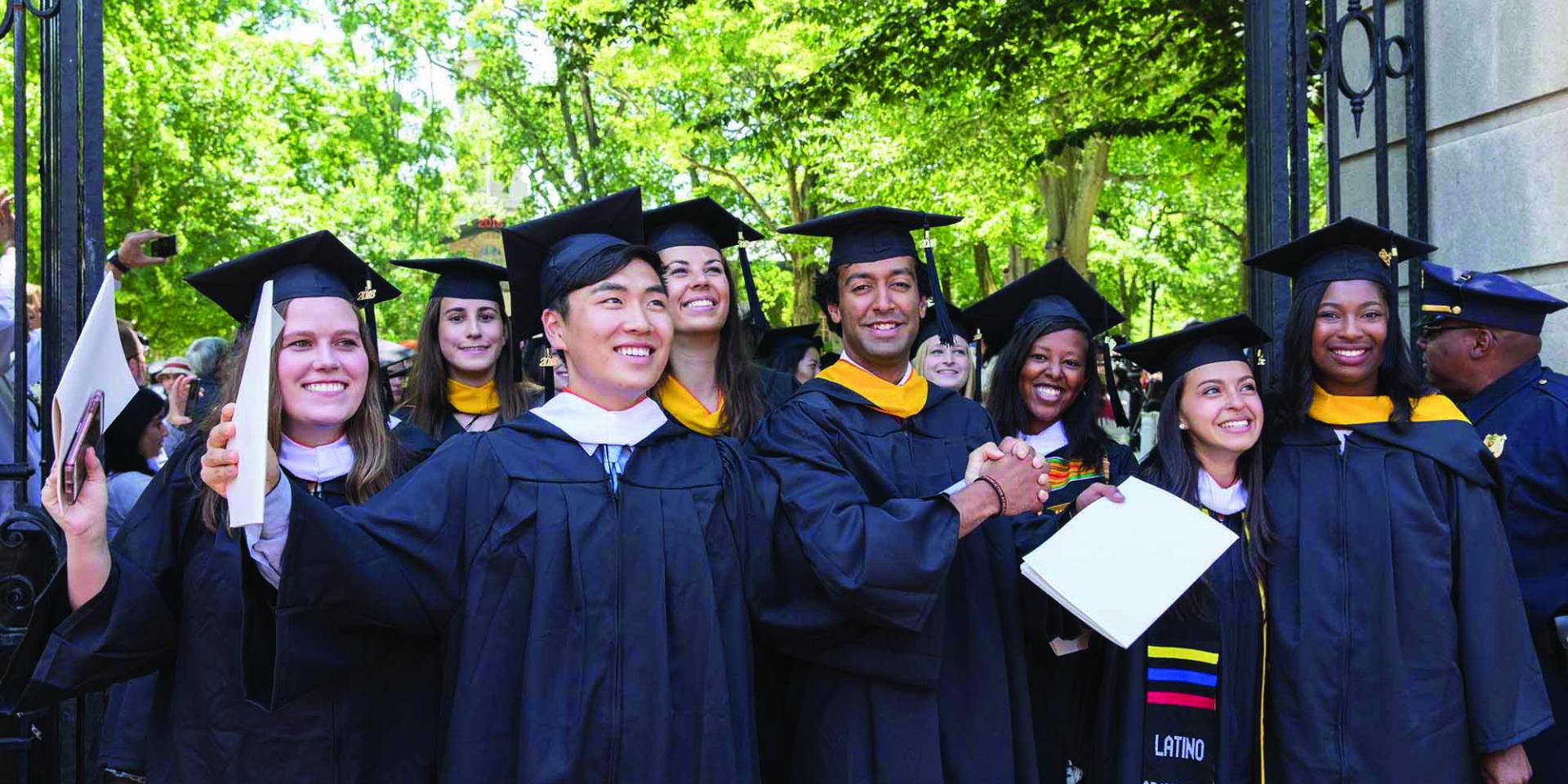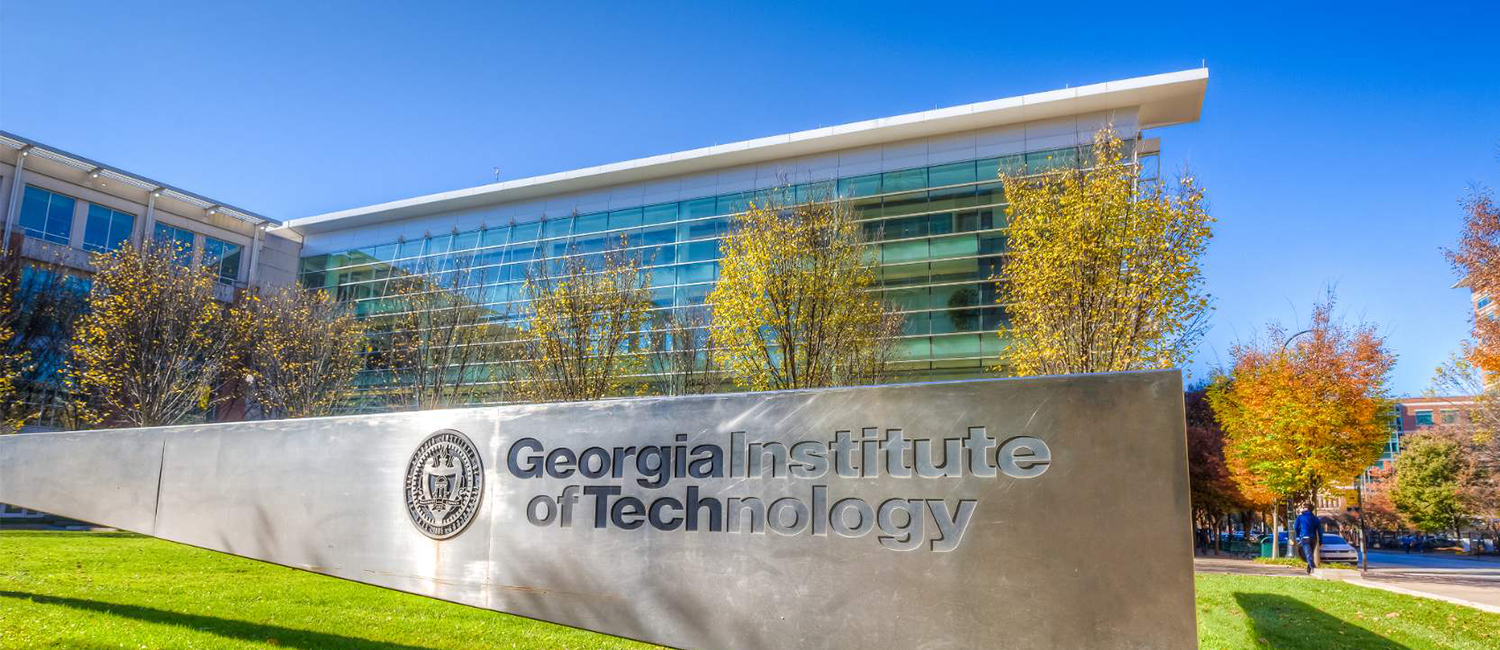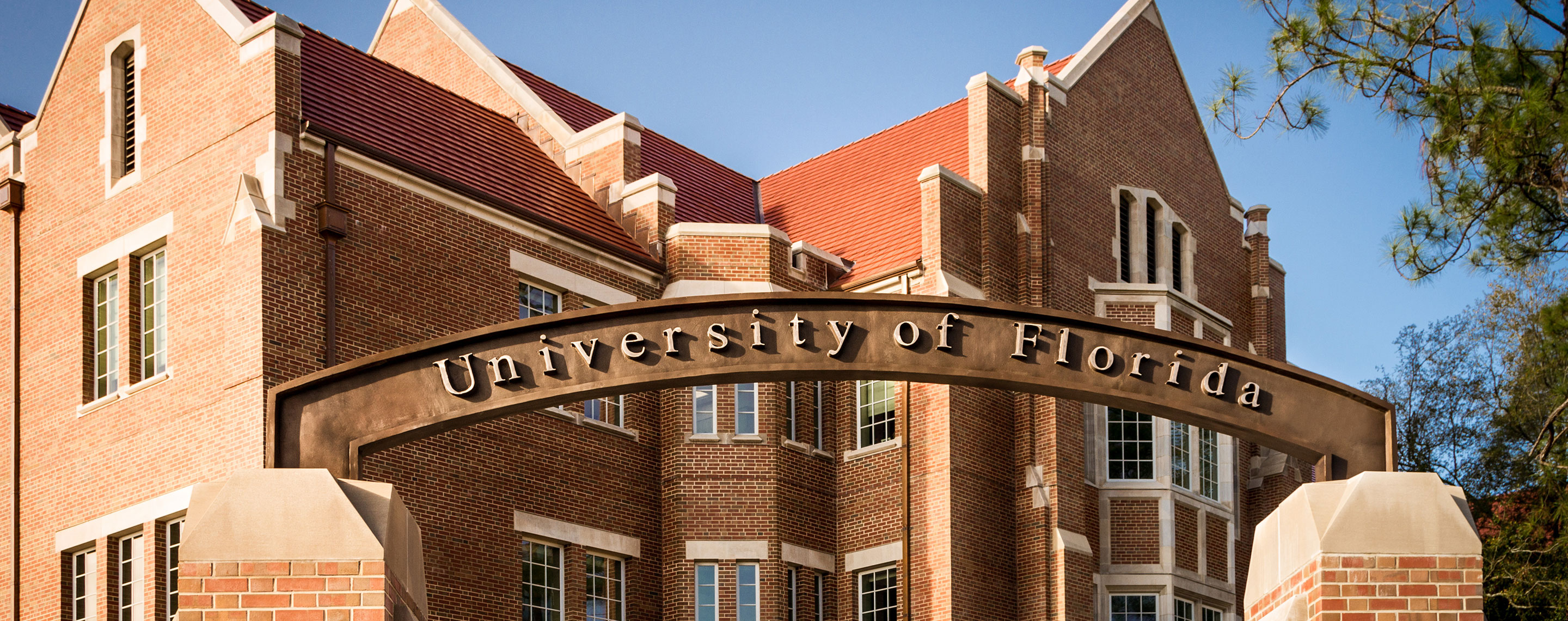Getting into a Master’s program in Computer Science in the USA is a big dream for many international students. But what if you didn’t have to worry about paying those hefty tuition fees? Yes, you read that right! Fully-funded programs are available, even in the land of opportunity, where your talent and hard work can secure you not only a spot in a prestigious university but also cover your education expenses.
Imagine focusing solely on your studies and research without constantly checking your bank account balance. Sound like a dream? Well, it’s not. Here’s everything you need to know about fully-funded Computer Science Master’s programs in the USA, minus the long university lists.
What Exactly Is a Fully-Funded Program?
When we talk about “fully-funded” programs, we’re talking about more than just a full tuition waiver. These programs cover all or most of the costs of your education, including:
- Tuition Fees: They’ll waive those giant numbers on your fee slip.
- Living Stipend: Yes, money to cover your living expenses, from rent to groceries.
- Health Insurance: Most programs even throw in health insurance, so you’re covered if you get sick.
- Books and Supplies: Some programs may also help with textbooks, supplies, and travel costs for conferences.
Sounds pretty sweet, right?

What Are the Typical Funding Sources?
Now, you might be wondering where all this magical money comes from. Funding can be drawn from a mix of the following sources:
1.University Scholarships and Fellowships:
Many universities offer full scholarships to high-achieving international students. These are often merit-based, meaning if you’ve got excellent grades, research potential, or a unique skill set, you might be in luck.
2. Research Assistantships (RA):
If you’re involved in cutting-edge research, you might be offered a research assistantship, where you’ll work on a research project in exchange for funding. This usually covers your tuition and provides a stipend.
3. Teaching Assistantships (TA):
Like helping others? As a teaching assistant, you can lead classes, help grade papers, and mentor undergraduates. In exchange, the university will cover your tuition and provide a living stipend. Plus, you get some teaching experience to boot.
4. Government and Private Organization Scholarships:
Some students receive funding from their home country’s government or international organizations like the Fulbright Program or Google Scholarships. These scholarships are highly competitive but can fully cover your education and living expenses.
Top 10 Fully-Funded Computer Science Master’s Programs
Here is a list of the top ten Universities with Computer Science Master’s programs along with the details and instructions:-

1. Princeton University
At Princeton, you're not just a student; you’re a scholar on a journey towards mastery. The Department of Computer Science offers two fully funded master’s degree programs: the Master of Science in Engineering (M.S.E.) and the Master of Engineering (M.Eng.). Both programs are two-year, full-time endeavors, but they differ in focus and structure.
Program Breakdown
- M.S.E.: This is a thesis-required track, ideal for those looking to delve deeply into research. You’ll start by enrolling in this track, and by the spring of your first year, you'll need a confirmed research advisor and a preliminary thesis proposal. If you’re aiming for a Ph.D. down the line, this is the track that could open those doors.
- M.Eng.: For those more interested in practical applications and coursework rather than research, this non-thesis track is available. You can switch to this track by the end of your first year or by January of your second year.
In both programs, coursework is rigorous, and you must complete at least four courses in your first year. If you have scheduling conflicts, you’ll need approval from the Director of Graduate Studies, but no matter what, your degree timeline won’t extend beyond two years.
Funding
Here's the best part: all admitted students receive full funding. Typically, this funding comes in the form of teaching assistantships, which cover all four semesters of your study. M.S.E. students may also receive summer funding via research assistantships at their adviser’s discretion.
Stipends are determined by the Graduate School and are structured to cover your living expenses comfortably. And, unlike many institutions, Princeton doesn’t just stop at tuition coverage—you'll also receive a stipend, and the university offers additional fellowships you may automatically qualify for. Considering the cost of living in Princeton, which hovers around $18,000 to $20,000 per year for a single student, this stipend makes living stress-free.
For Ph.D. aspirants, funding for the entire five-year program is typically guaranteed as long as you meet your academic milestones, combining fellowships, teaching assistantships, and research assistantships.
Special Policies
Princeton undergraduates have a unique advantage. You can count up to two of your advanced undergraduate courses towards your master's degree, potentially shaving off an entire semester from your master’s program. That’s less time, less stress, and a faster track to your career goals.

2. Georgia Institute of Technology
Georgia Tech’s Master of Science in Computer Science (M.S. CS) is designed to prep you for high-impact roles in the industry. The program has three tracks, each tailored to different career goals. So whether you want to be a software engineer, a data scientist, or a system architect, Georgia Tech has you covered.
Admission Process
Admission is no walk in the park—Georgia Tech’s College of Computing has some of the toughest admission standards in the country. The program receives thousands of applications each year, but only a small percentage make the cut. For the class of 2023, the acceptance rate hovered around 15%. The admissions committee scrutinizes every part of your application, from your GPA and test scores to your statement of purpose and recommendation letters.
Having a strong computer science background is highly recommended. Most admitted students have substantial coding experience, especially in C programming. But if your bachelor’s degree isn’t in computer science, don’t worry. You can still apply—just be prepared to complete some additional coursework to get up to speed.
Cost & Financial Aid
Georgia Tech is known for offering a stellar education at an affordable price. In-state tuition for the M.S. CS program is approximately $14,064 per year, while out-of-state students can expect to pay around $29,140 annually. But don’t let those numbers scare you—there are numerous financial aid options available.
Financial aid comes in two forms: gift aid (scholarships and grants) and self-help aid (work-study programs and loans). For federal aid, Georgia Tech participates in programs like Pell Grants and the Federal Work-Study Program. Students can also qualify for state-level grants like the HOPE/Zell Miller Scholarship, especially for Georgia residents.
.jpg)
3. Harvard University
While Harvard might be more famous for law, business, and medicine, its School of Engineering and Applied Sciences (SEAS) has rapidly risen in the ranks of computer science programs. Harvard’s Master of Science (SM) in Computer Science is designed for students aiming to deepen their knowledge in areas such as AI, machine learning, cybersecurity, and computational biology.
Program Structure
Harvard’s SM in Computer Science is a 2-year program that includes both coursework and research. The program is highly flexible, allowing students to tailor their studies to their specific interests. For those interested in a research-oriented career or a Ph.D., Harvard also offers the Master of Engineering (M.E.) in Computer Science, which requires a thesis.
One unique aspect of Harvard’s program is the ability to cross-register for courses at MIT, giving students access to an even broader range of computer science expertise.
Costs & Financial Aid
Harvard is known for its substantial financial aid packages, even at the graduate level. Tuition for the SM in Computer Science is approximately $56,000 per year, similar to CMU. However, Harvard’s extensive financial aid resources can significantly reduce this cost.
- Assistantships: Graduate students at SEAS can apply for Teaching Fellowships (TFs) and Research Assistantships (RAs). These positions typically cover tuition and provide a stipend of around $30,000 to $35,000 per year. In addition, assistantships come with subsidized housing options, further reducing living expenses.
- Fellowships: Harvard offers numerous fellowships, such as the Harvard Graduate School of Arts and Sciences (GSAS) Fellowship, which can cover full tuition and provide stipends. Many students also receive external fellowships, including the NSF Graduate Research Fellowship and the Harvard-Cambridge Scholarship.
Living in Cambridge, Massachusetts, is expensive, with average annual living costs around $25,000 to $30,000. However, many Harvard students live in university housing, which can be more affordable than private rentals.
Career Prospects
Harvard graduates enjoy strong employment outcomes, with top tech companies frequently recruiting on campus. The average starting salary for Harvard computer science graduates is around $120,000 to $150,000 per year, and the university’s extensive alumni network opens doors to leadership positions in tech, finance, and academia.
Harvard’s emphasis on interdisciplinary study means that computer science students often collaborate with peers in other fields, such as biology, economics, and law, making them highly versatile and attractive to employers looking for well-rounded tech leaders.

4. University of Alabama at Birmingham (UAB)
UAB’s MS in Computer Science (MSCS) program is perfect if you’re looking to level up your technical skills or make a career switch to computing. The program is 30 credit hours and can be completed in 1.5 years by full-time students who meet the prerequisites.
Assistantships & Fellowships
Financial aid at UAB is generous, especially when it comes to assistantships. MS students are automatically considered for merit-based teaching assistantships (TAs) and will be notified if they receive one. Most admitted Ph.D. students receive either TAs or research assistantships (RAs), covering tuition and providing a stipend. TAs typically work 20 hours per week and are primarily involved in teaching undergraduate labs.
The cost of living in Birmingham is relatively low compared to other cities, making your stipend stretch further. Most MS students find on-campus employment to cover their expenses, and some are even supported by department funds. UAB also offers several scholarships for international students, including the UAB International Scholarship, which is based on GPA.
Fellowships
Ph.D. students who are fully engaged in research may qualify for the prestigious Blazer Fellowship, which provides $23,000 annually along with tuition and health insurance for four consecutive academic terms. This fellowship is highly competitive, but if you land it, it’s a financial game-changer.

5. University of Illinois at Urbana-Champaign (UIUC)
UIUC consistently ranks among the top computer science programs globally. If you’re looking for cutting-edge research, world-class faculty, and a vibrant tech community, UIUC should be on your radar. The Master of Computer Science (MCS) program here is particularly appealing for professionals wanting to advance their careers without the requirement of a thesis.
Program Highlights
UIUC offers both on-campus and online options for its MCS program. The on-campus version can be completed in as little as one year full-time, but many students choose to extend it to 1.5-2 years to balance their studies with work or other responsibilities. The online MCS program, offered through Coursera, is one of the most popular in the U.S., attracting thousands of students worldwide.
For those pursuing a traditional research path, UIUC’s Master of Science in Computer Science (MSCS) involves both coursework and a thesis. This program is excellent preparation for students interested in pursuing a Ph.D. or a research-oriented career.
Funding Opportunities
- Assistantships: UIUC offers a range of teaching and research assistantships that can cover up to 100% of your tuition costs, plus a living stipend. The stipends for graduate assistantships typically range from $16,000 to $30,000 per year, depending on the number of hours worked and the department.
- Fellowships: UIUC offers fellowships such as the Graduate College Fellowship and the SURGE Fellowship, which provide financial support and are targeted towards underrepresented groups in STEM fields. Fellowship amounts vary, but they typically include tuition coverage and stipends in the range of $20,000 to $30,000 annually.
The cost of living in Urbana-Champaign is relatively low compared to major cities, with average annual living expenses around $14,000 to $16,000 for a single student. This makes assistantship stipends more than sufficient to cover both tuition and living costs.
6. University of Southern California (USC)
Located in the heart of Los Angeles, USC’s Viterbi School of Engineering is one of the top destinations for students pursuing an MS in Computer Science. The program is designed to be flexible, allowing students to tailor their degree based on their interests in areas such as Artificial Intelligence, Cybersecurity, or Software Engineering.
Program Flexibility
The MS in Computer Science at USC requires 32 units (typically 8 courses), which can be completed in 1.5 to 2 years. The program offers both on-campus and online formats, catering to full-time professionals who need a flexible study schedule. For those pursuing on-campus studies, USC’s connections to the tech industry in Southern California provide excellent networking and internship opportunities.
Costs & Funding
USC is known for its high tuition costs—expect to pay around $2,200 per unit, meaning the full program costs about $70,000 in tuition alone. However, the university offers various assistantships and scholarships to offset these costs.
- Merit-Based Scholarships: These scholarships are competitive and can cover anywhere from a few thousand dollars to full tuition. USC also offers graduate assistantships that cover part of the tuition and provide a stipend for work on campus.
- Industry Partnerships: USC’s proximity to the tech giants of Los Angeles gives students opportunities to work on real-world projects through industry partnerships. These projects often come with funding, making it possible to earn while you learn.
Although living in LA isn’t cheap, with annual living expenses averaging around $22,000, USC’s funding opportunities can significantly ease the financial burden.

7. University of Texas at Austin (UT Austin)
The University of Texas at Austin’s computer science graduate program is consistently ranked among the top 10 in the U.S., and for good reason. The program’s mix of academic rigor, cutting-edge research, and industry connections makes it a great choice for students looking to enter high-paying tech roles or pursue advanced research.
Program Structure
UT Austin offers several tracks within its MS in Computer Science program, including a thesis and non-thesis option. The thesis track is research-intensive, preparing students for Ph.D. programs or R&D roles, while the non-thesis track is designed for those entering the industry directly.
The program typically takes 2 years to complete, with students required to complete 30 credit hours. There’s also a 5-year integrated BS/MS program, which allows UT Austin undergraduates to complete both degrees in a streamlined fashion.
Costs & Funding
In-state tuition for the MS in Computer Science program is approximately $10,000 per year, while out-of-state students pay around $20,000 annually. But UT Austin offers numerous fellowships and assistantships to help cover these costs.
- Assistantships: Graduate Research Assistant (GRA) and Teaching Assistant (TA) positions are available and typically cover tuition plus provide a stipend ranging from $15,000 to $20,000 per year. Assistantships also come with health insurance benefits, further reducing your overall expenses.
- Fellowships: UT Austin offers prestigious fellowships like the Harrington Fellowship, which can cover full tuition plus provide a generous stipend. Recipients of these fellowships also receive additional benefits, such as travel allowances for academic conferences.
Living in Austin is moderately expensive, with an estimated annual cost of living around $18,000 to $20,000. However, thanks to the robust funding options, most students find the program to be very affordable.

8. University of Florida (UF)
The University of Florida offers an affordable yet high-quality MS in Computer Science program through its Herbert Wertheim College of Engineering. The program is ideal for students seeking an affordable degree with strong career prospects.
Program Overview
UF’s MS in Computer Science is a 30-credit hour program, typically completed in 1.5 to 2 years. The program offers both thesis and non-thesis options, allowing students to focus on either research or coursework. Specializations include Data Science, Machine Learning, Computer Networks, and Software Engineering.
Cost & Financial Aid
UF is known for its affordability. In-state tuition for the program is approximately $12,740 per year, while out-of-state students pay around $30,134 annually. However, the university offers several forms of financial aid to make the program more accessible.
- Graduate Assistantships: UF offers both Teaching Assistantships (TAs) and Research Assistantships (RAs), which provide tuition waivers and stipends. The average stipend for graduate assistants is around $15,000 to $20,000 per year, depending on the department and the student’s role.
- Fellowships & Scholarships: UF offers competitive fellowships such as the Grinter Fellowship, which awards top-performing graduate students with stipends of $2,000 to $4,000 per year in addition to their assistantship pay. There are also several need-based and merit-based scholarships available.

9. Carnegie Mellon University (CMU)
Carnegie Mellon University (CMU) is synonymous with excellence in computer science. Its School of Computer Science (SCS) is one of the best in the world, known for pioneering research in AI, robotics, software engineering, and cybersecurity. If you're eyeing a degree that will open doors to top tech firms, cutting-edge research labs, or academia, CMU is worth considering.
Program Structure
CMU offers several master's programs in computer science, including the Master of Science in Computer Science (MSCS) and specialized programs like the Master of Computational Data Science (MCDS) and the Master of Software Engineering (MSE). The traditional MSCS program is research-intensive and typically takes 2 years to complete. On the other hand, the MCDS and MSE programs are designed for students who want to dive into specific fields with a focus on practical skills and industry applications.
CMU also offers a unique 5th Year Master's Program, which allows CMU undergraduates to earn an MS degree with just one additional year of study.
Cost & Financial Aid
CMU's prestige comes with a hefty price tag. The total tuition for the MSCS program is around $56,000 per year, with the cost of the entire program exceeding $110,000. However, CMU offers several avenues for funding that can help offset these costs:
- Assistantships: Graduate students can apply for Teaching Assistantships (TAs) and Research Assistantships (RAs), which offer tuition coverage and stipends. TA and RA stipends at CMU typically range from $18,000 to $24,000 per year, depending on the department and number of hours worked.
- Fellowships: CMU offers several competitive fellowships, such as the SCS Fellowship, which covers full tuition and provides a stipend. Additionally, many students receive external fellowships from organizations like the National Science Foundation (NSF) and the Gates Millennium Scholars Program.
The cost of living in Pittsburgh is relatively low compared to other major tech hubs. Annual living expenses are estimated to be around $16,000 to $18,000 for a single student. When combined with assistantships or fellowships, this can make CMU's program more affordable.
Career Prospects
CMU graduates are in high demand. The university's strong ties to industry leaders like Google, Microsoft, and Facebook mean that students often secure internships and job offers well before graduation. The average starting salary for CMU MSCS graduates is typically in the range of $130,000 to $160,000 per year, with many graduates landing six-figure offers at top tech companies.

10. University of Colorado Boulder
At the University of Colorado Boulder, the MS in Computer Science program offers both research and coursework-focused paths. You’ll complete 24 credit hours of coursework, including a professional development course and a minimum of nine hours covering cutting-edge computer science research. The program gives you flexibility—you can either go for a thesis option or independent study credits.
Assistantships and Funding
Both teaching and research assistantships come with tuition waivers of up to 15 credit hours, depending on your appointment. The cost of living in Boulder is on the higher side, averaging about $22,000 annually for a single student. However, assistantship stipends generally help cover most of these expenses, making the program more accessible financially.
U.S. citizens who aren’t Colorado residents are encouraged to apply for in-state residency as soon as possible, as non-resident tuition waivers aren’t usually available after your first year.
FAQs
1. What are the admission requirements for a Master’s in Computer Science?
Admission requirements typically include:
- A bachelor’s degree in Computer Science or a related field.
- Strong GRE scores (though some schools have made them optional).
- Letters of recommendation (usually 2-3).
- A well-written statement of purpose outlining your goals and experience.
- Transcripts showing a strong academic record.
- English language proficiency tests (TOEFL/IELTS) for international students.
2. Is work experience required for admission?
Work experience is not typically required, but having relevant industry experience or internships can strengthen your application. Research experience is especially valued for research-oriented programs.
3. How competitive is it to get into these top programs?
Admission to top computer science programs is extremely competitive. For example:
- Stanford and MIT often have acceptance rates below 10% for their CS master's programs.
- CMU’s School of Computer Science is also highly selective, with acceptance rates around 5-10%.
- Harvard maintains similar competitive standards for its graduate CS programs.
4. What is the average GPA of admitted students?
The average GPA of admitted students is typically around 3.5-3.8 on a 4.0 scale. However, a strong GPA in computer science or quantitative courses is especially critical.
5. Can I apply for a part-time master’s program?
Some universities offer part-time options, but most top-tier schools like Stanford, MIT, CMU, and Harvard focus on full-time study. Check with individual programs for specific part-time or flexible learning options.
6. What are the career prospects after graduating with a CS master’s degree from these universities?
Graduates from these programs often secure jobs at top tech companies like Google, Apple, Microsoft, Amazon, and Facebook. The average starting salary for graduates typically ranges from $120,000 to $150,000 per year depending on the company and location.
7. What is the average class size for these programs?
Class sizes can vary significantly depending on the course and program. However, core classes at these top institutions generally have around 20 to 50 students, while more specialized or advanced classes may be smaller.
8. Are there opportunities for internships or co-op programs?
Yes, most of these universities have strong connections with industry leaders, allowing students to secure internships during their studies. Internships are highly encouraged and often lead to full-time job offers after graduation.

